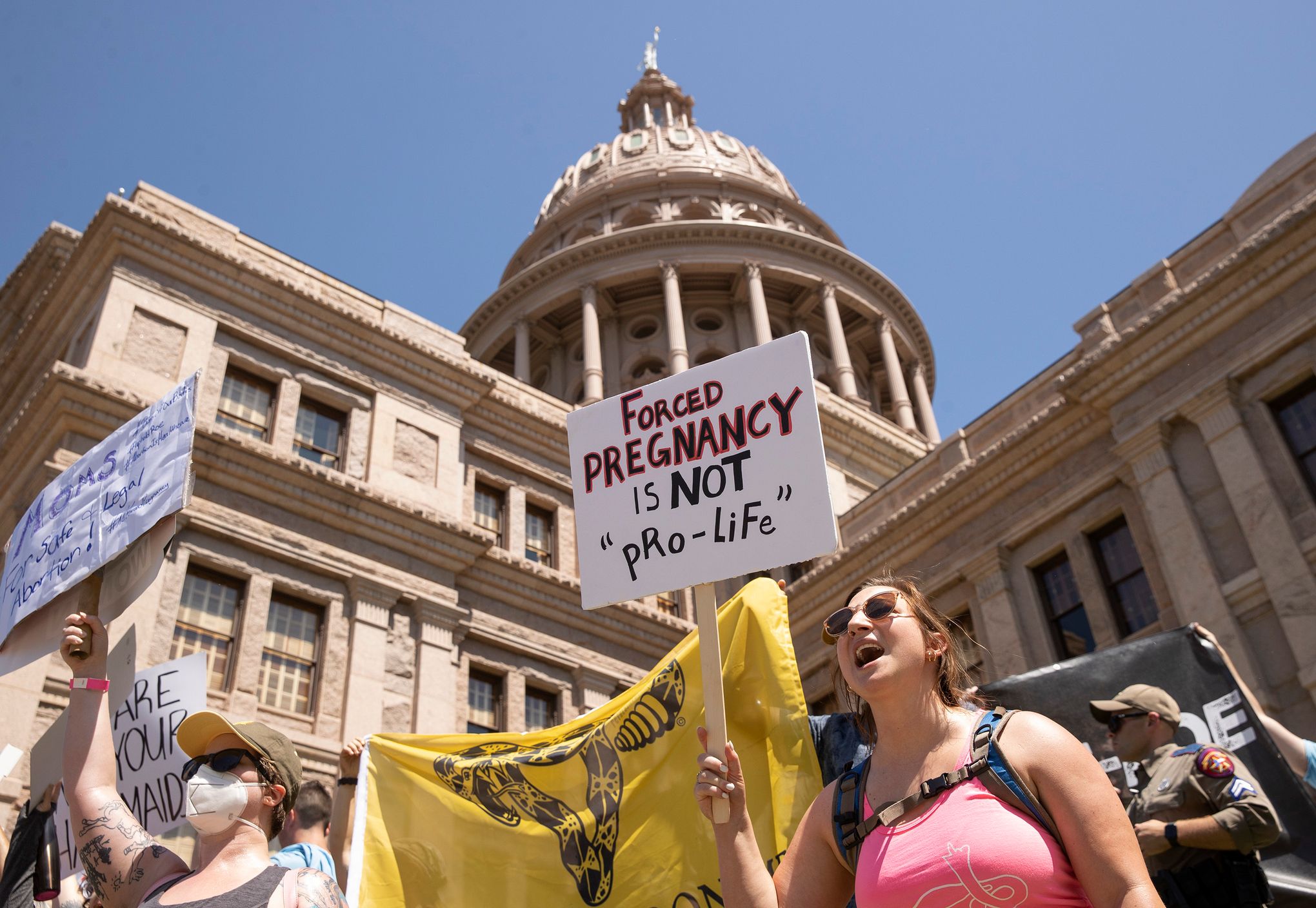In the aftermath of Texas’ stringent abortion ban, the state has witnessed a troubling rise in infant mortality rates and an increase in deaths due to birth defects, according to a study published Monday by Johns Hopkins University. This research is part of a growing body of evidence suggesting that states with restrictive abortion laws experience higher infant mortality rates.

Impact of Texas Abortion Ban on Infant Mortality
The study examined the period following the implementation of Texas’ abortion ban in September 2021, specifically comparing infant mortality rates in Texas to those in 28 other states, some of which also have abortion restrictions. The researchers found a significant increase in infant deaths in Texas, with 216 more deaths than expected occurring between March and December 2022. This represented an 8% rise in the state’s infant mortality rate, climbing to 5.75 deaths per 1,000 births, compared to a 2% increase across the rest of the United States, as reported in the journal JAMA Pediatrics.
Increase in Birth Defects
One of the most concerning findings was the 23% increase in deaths attributed to birth defects in Texas, contrasting sharply with a 3% decrease in the rest of the U.S. The Texas abortion law, which prohibits abortions after the detection of cardiac activity (usually around five or six weeks into pregnancy), prevents many women from terminating pregnancies with severe fetal abnormalities detected later in gestation.
Co-author Suzanne Bell, a fertility researcher, emphasized the severe implications of the ban, stating, “These findings make clear the potentially devastating consequences that abortion bans can have.” Bell and her team were particularly struck by the increase in infant deaths, which are relatively rare occurrences. Due to the small sample size, the researchers could not analyze the rates across different demographic groups, such as race or socioeconomic status.
Broader Implications of Abortion Restrictions
The study’s findings align with previous research highlighting racial disparities in infant mortality rates, often influenced by state-level differences in Medicaid funding for abortions. Tiffany Green, an economist and population health scientist at the University of Wisconsin-Madison, noted that many individuals seeking abortions are at higher risk for pregnancy complications, reinforcing the connection between restrictive abortion laws and increased infant mortality. Green, who was not involved in the study, pointed out that these findings are consistent with earlier studies on racial inequities in reproductive health outcomes.
Stephen Chasen, a maternal-fetal medicine specialist at Weill Cornell Medicine, also weighed in on the broader consequences of abortion restrictions. Chasen, who did not participate in the research, stressed that carrying pregnancies with fetal anomalies to term requires substantial support, education, and specialized medical care for both the mother and newborn. These needs impose significant demands on resources, highlighting an often-overlooked aspect of the impact of restrictive abortion laws.

The study underscores the critical need for comprehensive reproductive healthcare and the potential public health risks associated with restrictive abortion legislation. As the debate over abortion laws continues, it is essential to consider their far-reaching implications on maternal and infant health.
